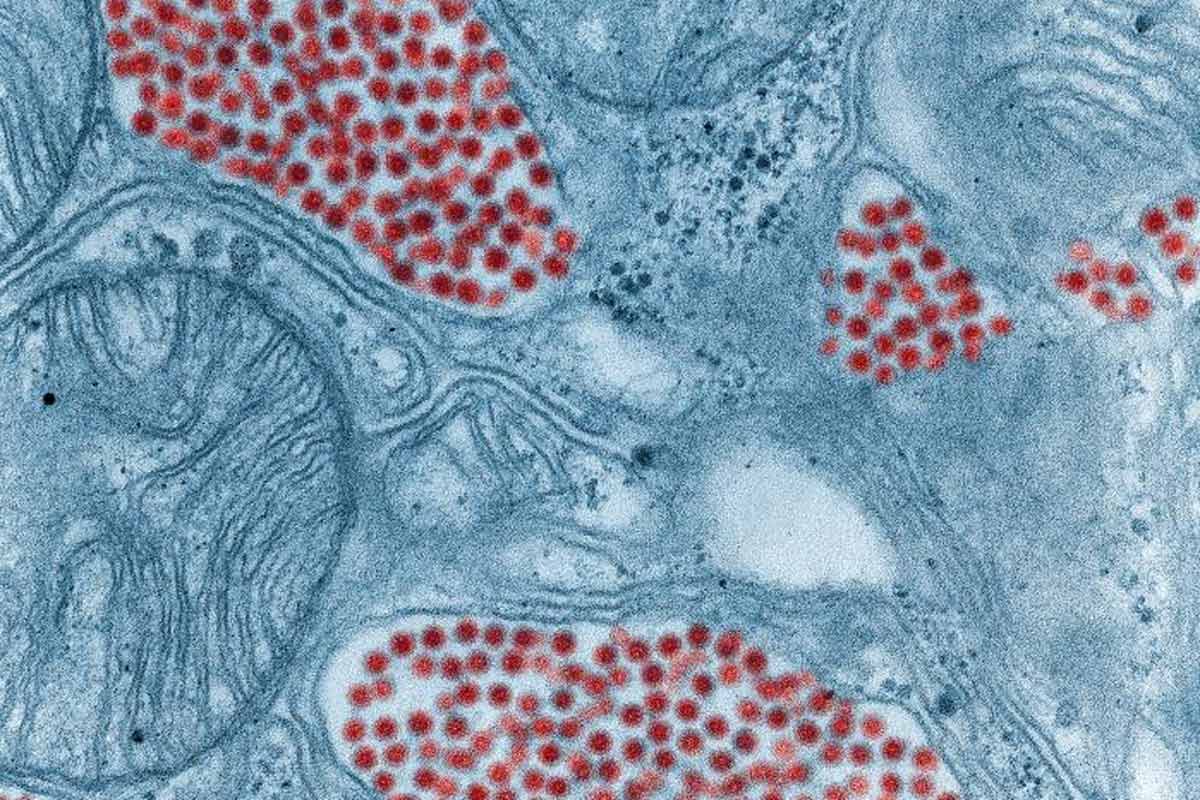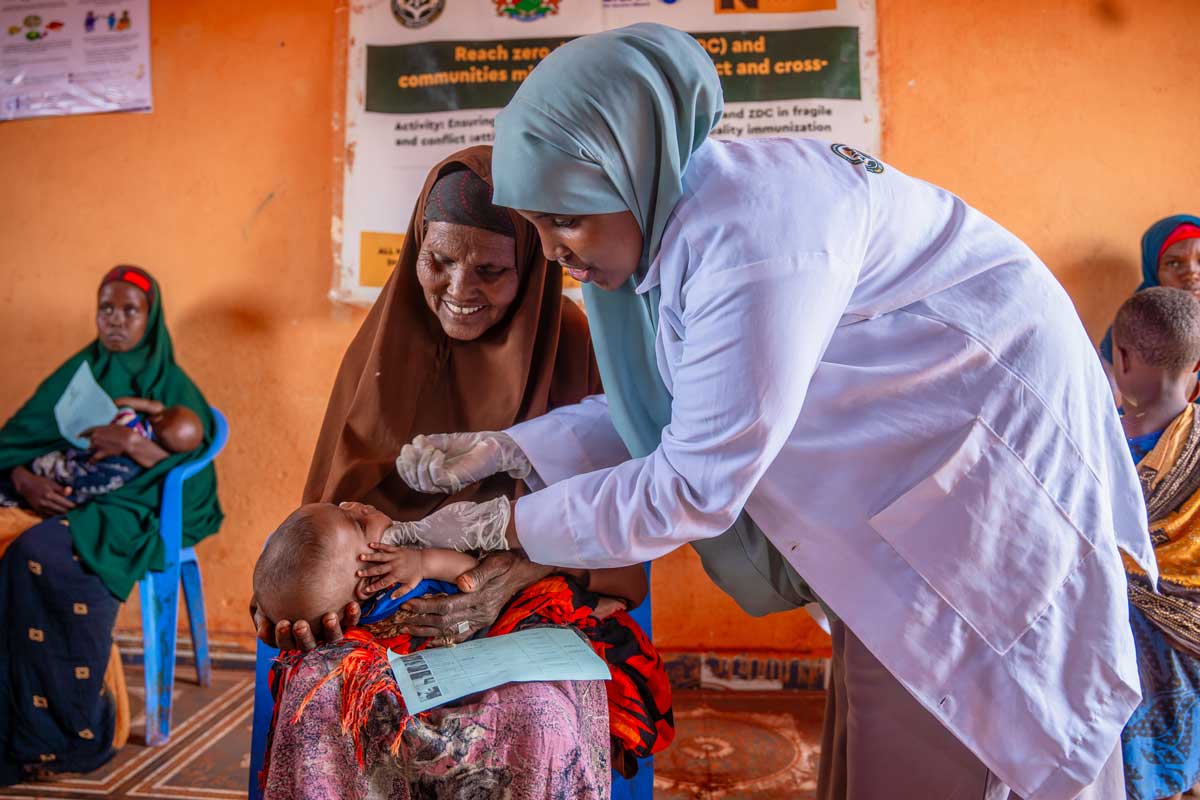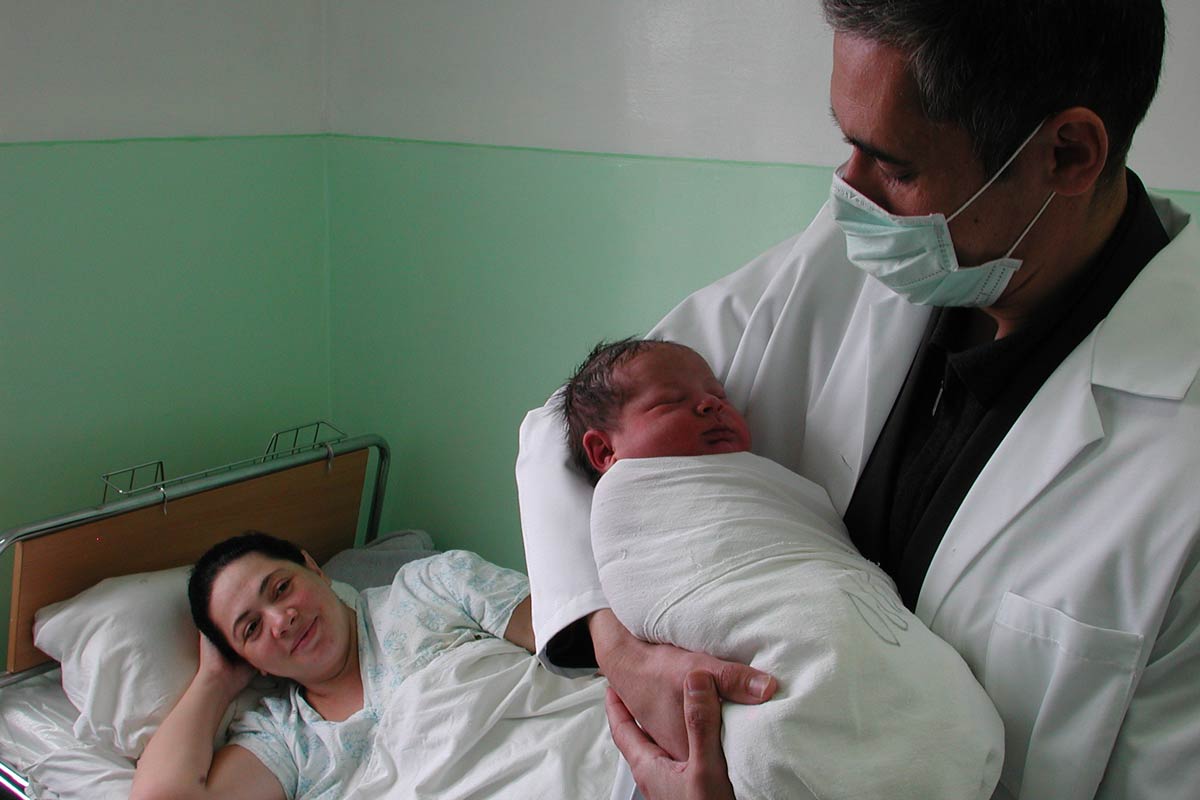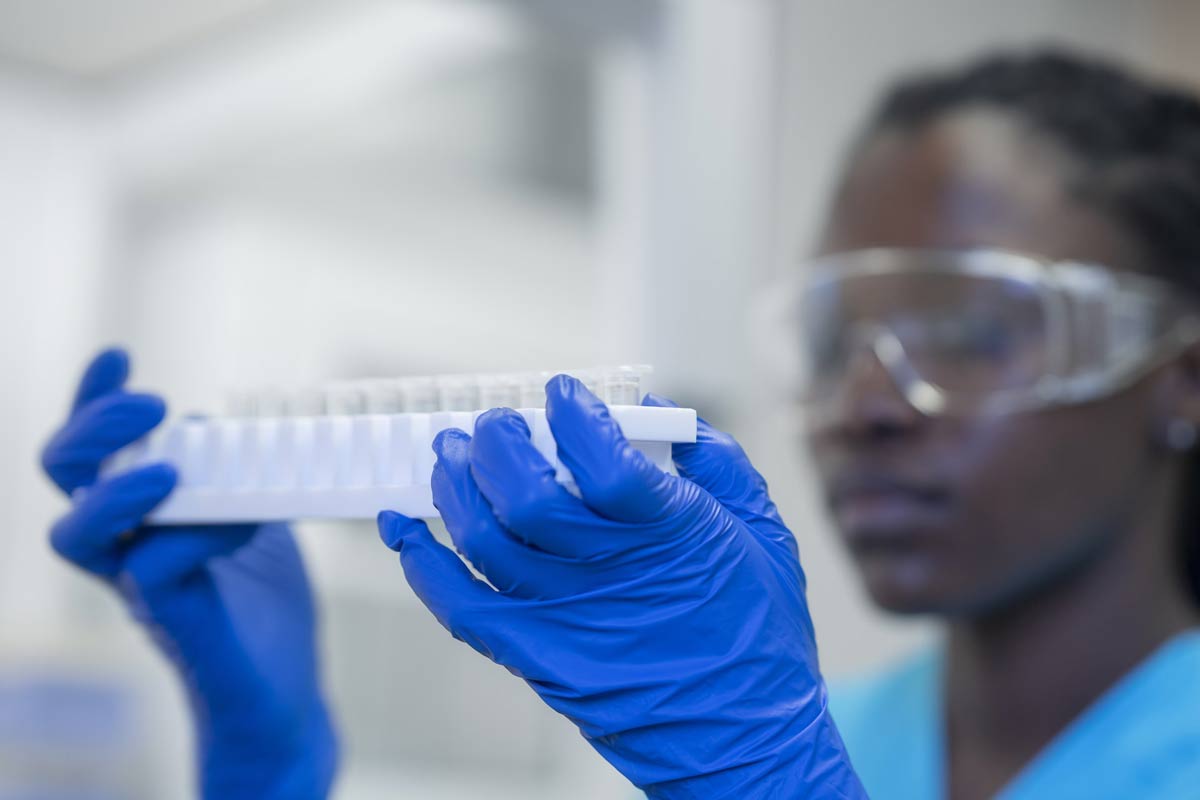Study finds no increased risk of COVID-19 vaccination in pregnancy
Israeli data adds to mounting evidence that taking a COVID-19 vaccine during pregnancy is safe.
- 23 September 2021
- 3 min read
- by Linda Geddes

Pregnant people are at greater risk of severe COVID-19, yet many are unwilling to be vaccinated because of concerns that it may affect their pregnancy or harm the baby. Now, a large study from Israel has provided reassurance that vaccination during pregnancy is not associated with any additional pregnancy, birth or newborn complications.
The study, which assessed the safety of the Pfizer/BioNTech vaccine and is published in the journal Vaccine, adds to mounting evidence that COVID-19 vaccination during pregnancy is safe, and supports recommendations by medical organisations such as the US Centers for Disease Control (CDC) that pregnant people should be vaccinated against coronavirus.
Vulnerable group
Although pregnant and recently-pregnant people are at no greater risk of catching COVID-19, and their overall risk of severe illness is low, they are at greater risk of severe illness compared with the general population. In part, this risk stems from pregnancy suppressing the immune response to some degree. During late pregnancy, the growing baby also compresses the lungs somewhat, meaning women are able to take in less air with each breath. Those who are older, overweight or have pre-existing medical conditions such as high blood pressure or diabetes are at greater risk of developing severe COVID-19. Developing COVID-19 during pregnancy has also been associated with an increased risk of preterm birth.
Have you read?
The Pfizer/BioNTech vaccine is a messenger RNA vaccine, which means it doesn’t contain any live virus, but rather the genetic instructions for making a protein from SARS-CoV-2. This genetic material does not integrate into the genome, and is soon eliminated from the body, so there is no theoretical reason why it should be harmful during pregnancy.
Even so, because pregnant people were excluded from the original vaccine trials, there has been limited data available to assess the safety of COVID-19 vaccines in this group. But as increasing numbers of pregnant people choose to get vaccinated and further studies are initiated, that data is now starting to emerge.
Safety data
The new study included 4,399 women who delivered babies between January and June 2021 at the Sokora University Medical Center in Beersheba – the largest birth centre in Israel. Of these, 913 (21%) received one or both doses of the Pfizer/BioNTech COVID-19 vaccine during their second or third trimester of pregnancy. The researchers found no difference in rates of pregnancy, delivery, or newborn complications between women who were vaccinated and those who weren’t.
The findings support a recently published study by the CDC, which similarly found no increased risk of adverse outcomes among pregnant people who received an mRNA vaccine.
Studies of viral vector vaccines, such as the AstraZeneca or Janssen vaccine, in pregnancy are ongoing. However, the CDC points out that vaccines based on the same viral vectors have previously been given to pregnant people in all trimesters, including in a large Ebola vaccination trial. Neither the mothers nor babies experienced any additional risk of adverse outcomes.








